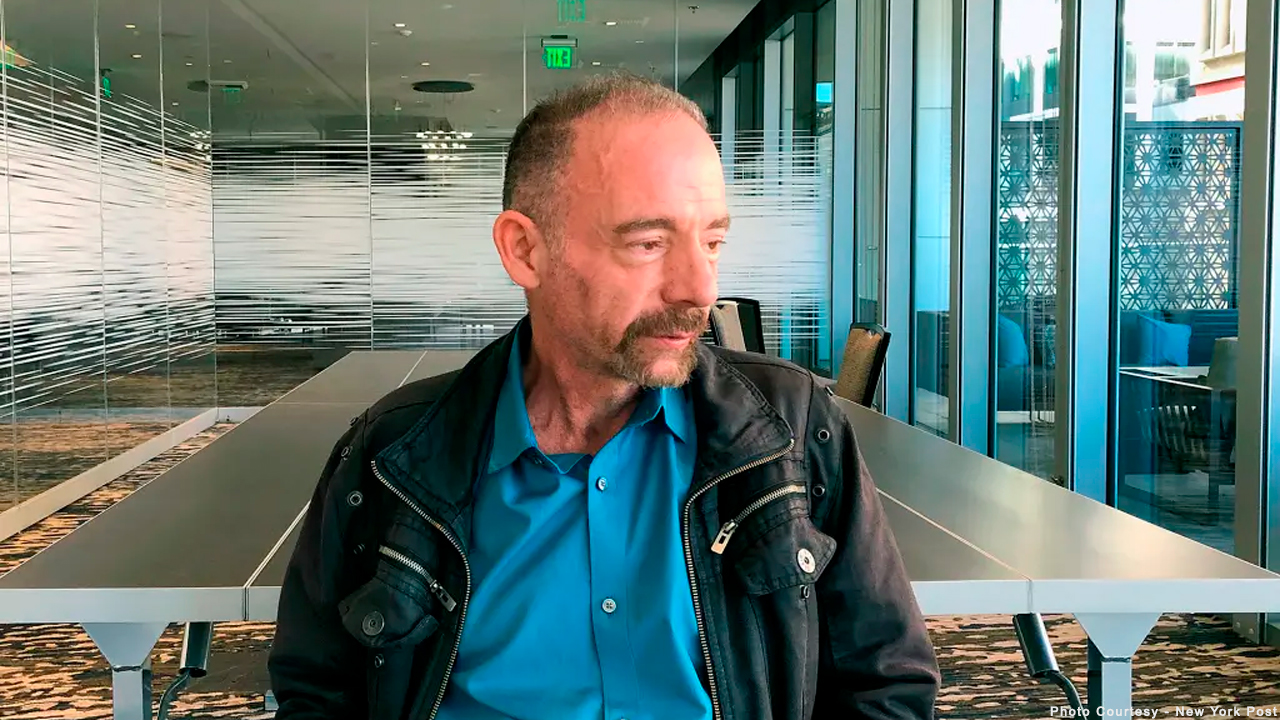According to the news, three patients are HIV-free. German man is likely the third patient in the world to be free from the Human Immunodeficiency Virus (HIV) infection after a stem-cell transplant that he went through about a decade ago.
Human Immunodeficiency Virus (HIV) is a virus that attacks the immune system of the body. If HIV is left untreated, it can lead to AIDS (acquired immunodeficiency deficiency). There was no effective cure. Once people get HIV, they have it for life. But it can be managed and controlled by medications and treatments.
Antiretroviral therapy (ART)
Antiretroviral therapy (ART) is a most common treatment used for HIV. It is a treatment for people infected with HIV using anti-HIV drugs. These drugs prevent HIV cell replication. ART does not cure HIV but enhances the quality of life and lowers mortality and morbidity rates among HIV-infected individuals. It also reduces the risk of HIV transmission.
This treatment reduces a person's viral load to an undetectable level. There are no chances for people with HIV to infect their HIV-negative partners through intercourse if they maintain an undetectable viral load.
HIV medicines stop the replication means it reduces the amount of HIV in the body. Less amount of HIV will gives body a chance to recover and help produce more CD4 cells that are infection fighting cells. Although the body still contains some HIV, the immune system is powerful enough to fight off infections and several illnesses associated with HIV.
People who have become HIV free -
The Berlin patient, Timothy Ray Brown became the first person to overcome HIV after he underwent two stem cell transplants in 2007 and 2008 for treating his blood cancer. He remained HIV-free till his death due to cancer in 2020.
Years later, similar results were found with a patient in London Adam Castillejo in 2019, who also underwent a transplant for blood cancer, has remained free of HIV four years after he stopped taking antiretroviral that controls the level of the virus in the body.
Stem cell transplantation
Stem cell transplantation is a procedure in which a patient receives healthy stem cells (blood-forming cells) to replace their own stem cells that have been destroyed by treatment with radiation or high doses of chemotherapy. The healthy stem cells may come from the blood or bone marrow of the patient or from a related or unrelated donor.
Transplantation can be used to treat certain types of cancer, such as leukemia, myeloma, and lymphoma, and other blood and immune system diseases that affect the bone marrow.

 HIV is a life-long disease, but a third patient was reported to be HIV-free in the news. So, what exactly is the reason behind it? Let's dig in to find out.
HIV is a life-long disease, but a third patient was reported to be HIV-free in the news. So, what exactly is the reason behind it? Let's dig in to find out.









.jpeg)











.jpg)








